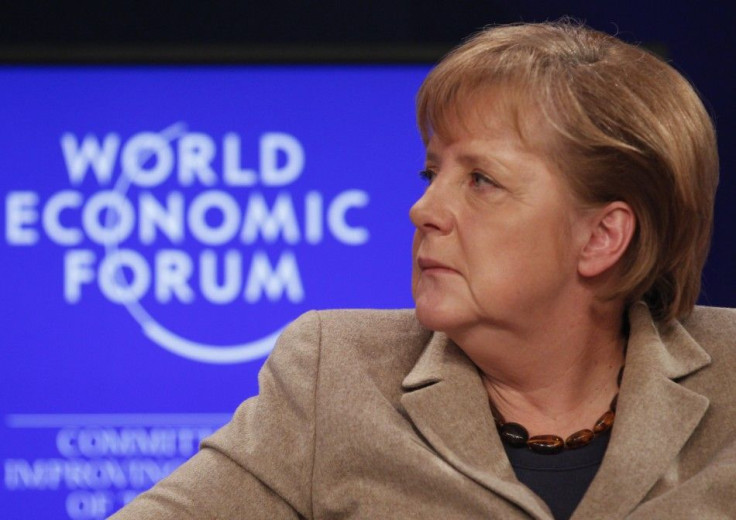German minister admits mistakes in plagiarism row

Chancellor Angela Merkel's Defence Minister admitted in parliament on Wednesday flaws in his doctoral dissertation that is at the centre of a plagiarism affair weighing on her government.
Karl-Theodor zu Guttenberg also apologised to parliament but said he would not resign over. He also rejected accusations of plagiarism, insisting he had not deliberately deceived anyone.
Guttenberg, long Germany's most popular politician and sometimes named as a possible successor to Merkel, has been accused of copying parts of his PhD dissertation on constitutional law without correct attribution.
I have apologised from the bottom of my heart and I'll repeat that here in parliament, Guttenberg said before answering questions for the first time from deputies in a heated exchange. He blamed the mistakes on being overworked.
I was so arrogant to think that I could square a circle, he said, referring to a busy work load with the dissertation while being a deputy in parliament and starting a family.
I wrote a dissertation that was obviously flawed, said Guttenberg, 39. Last week he dismissed media reports of plagiarism as fanciful.
The scandal, dubbed Copygate, may damage the centre-right coalition ahead of six regional elections this year because the aristocrat has been a rare bright spots in Merkel's government.
Guttenberg has topped popularity polls for much of the last two years and given the coalition a badly needed dash of glamour. But analysts warn of dangers to him and Merkel over the affair because the plagiarism allegations go to the heart of Guttenberg's image as an honest and upright politician.
He denied, when asked by an opposition deputy, that he had used a ghostwriter to help him write the dissertation.
Guttenberg also faced criticism from within his own party. Norbert Lammert, a leader in Merkel's Christian Democrats (CDU) and president of parliament, had publicly scolded Guttenberg for not coming clean about the sloppiness of his work.
The opposition Social Democrats renewed their calls for his resignation. Thomas Oppermann, an SPD leader in parliament, said Guttenberg was a cheat and getting special treatment.
It's reprehensible that an academic cheat and liar can remain in the cabinet, Oppermann told parliament.
Merkel has defended Guttenberg, saying she appointed him to her cabinet because of his political skills and not because she needed an academic assistant.
Guttenberg gave up his doctorate on Monday, admitted to grave errors and an unintentional violation of academic standards. He attacked the media for a witch-hunt against him.
But the scandal remains front page news in Germany.
The University of Bayreuth said a special commission was examining the charges of plagiarism. The university's president said it was up to the university itself to decide if Guttenberg would be stripped of his doctorate or not.
© Copyright Thomson Reuters {{Year}}. All rights reserved.





















